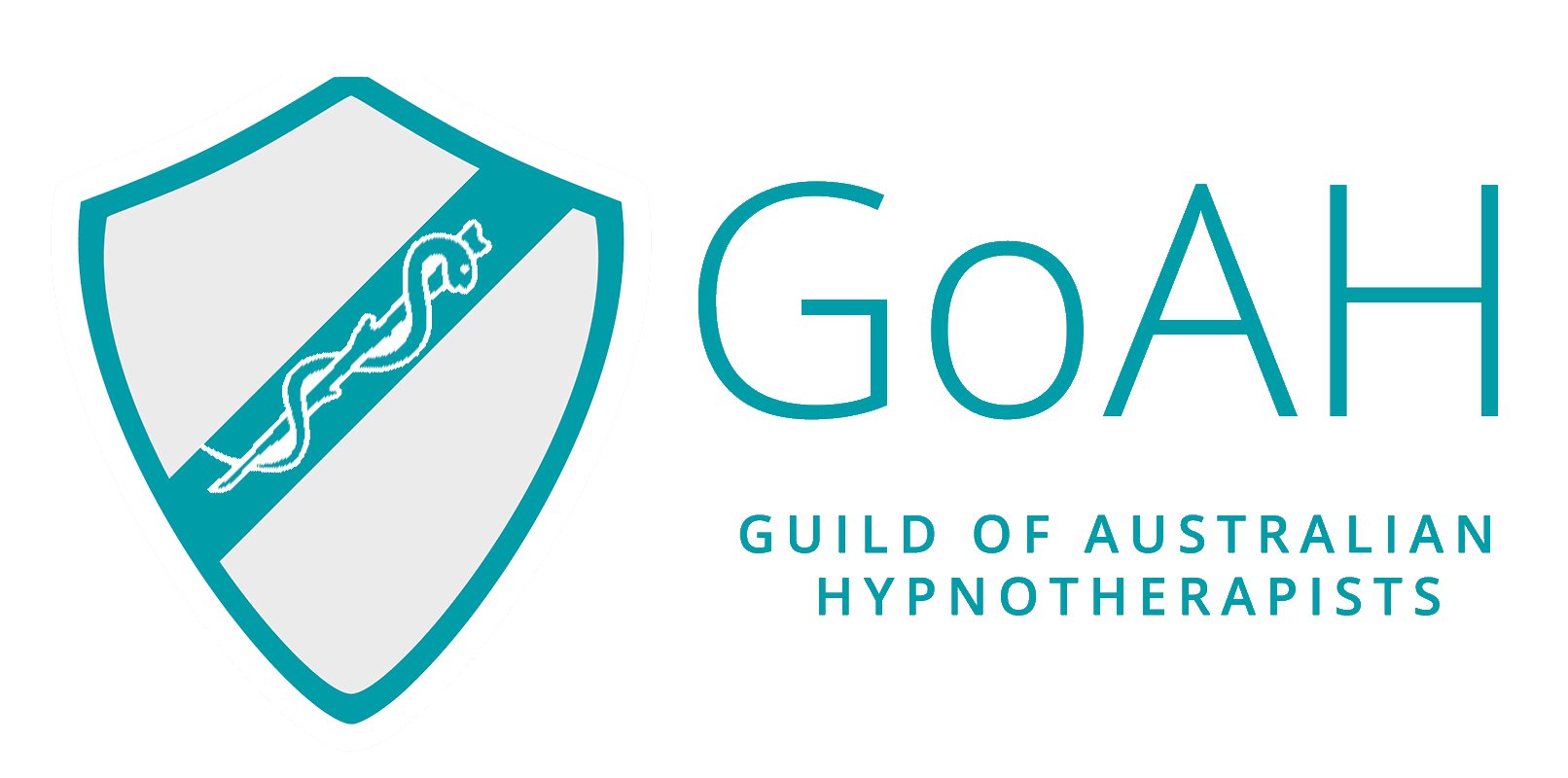
Clinical Referrals for GPs & Health Professionals
Evidence-based hypnotherapy and strategic psychotherapy in Bondi & Waverley, supporting patients with anxiety, depression, stress, and related conditions.
Clinical Referrals, Clear Communication, Better Outcomes
At My Bondi Hypnotherapist, I provide strategic, evidence-informed clinical hypnotherapy to support your patients with anxiety, stress, sleep difficulties, depression, and more.
Convenient Bondi Junction and Waverley locations, with online sessions available. Fast access to care with no waitlist. The approach is goal oriented, structured, and designed to complement your clinical care.

About Claire Addis

I am a Government Accredited Strategic Psychotherapist and Certified Clinical Hypnotherapist (10791NAT). I also hold certifications as an NLP Master Practitioner, HeartMath Practitioner specialising in stress and self regulation, and EFT or TFT Master Practitioner.
I am fully insured and maintain all required professional clearances to ensure safe and ethical practice.
As an active member of multiple professional associations, I adhere to established codes of ethics, clinical standards, and continuing professional development to maintain evidence-informed practice.
Clients often report reduced anxiety and stress, improved sleep, and overall better wellbeing.
Qualifications and Professional Memberships
- Government Accredited Clinical Hypnotherapist and Strategic Psychotherapist (10791NAT)
- Certified NLP Master Practitioner
- HeartMath Certified Practitioner for stress, anxiety, and self regulation
- Certified EFT or TFT Tapping Master Practitioner
- ISPA — International Strategic Psychotherapists Association (Founding Member)
- AHA — Australian Hypnotherapists Association (Professional Member)
- HCA — Hypnotherapy Council of Australia (National Peak Body Member)
- GOAH — Guild of Australian Hypnotherapists (Professional Member)
How Hypnotherapy Helps Your Patients
I provide fast, focused, and strategic treatment designed to help patients achieve measurable results in 4–6 sessions.
- Strategic and tailored: Combining clinical hypnosis with strategic psychotherapy for goal-driven outcomes.
- Evidence-informed: Standardised assessment tools are used to tailor and track treatment progress.
- Session recordings: Provided to support deeper change through repetition and self-guided practice.
- Accessible and timely: No waitlist and flexible appointments to support continuity of care.
- Collaborative: Complements existing treatment plans and assists patients who feel stuck in talk therapy.
“When talking isn’t enough, if a patient understands the ‘why’ but still feels stuck, strategic hypnotherapy helps with the ‘how’ and ‘what now.’” — My Bondi Hypnotherapist
Common Referral Areas
Typical areas where hypnotherapy provides effective support include:

Referral & Session Information
No GP referral or mental health plan is required. I offer a complimentary 20-minute Discovery Call to discuss patient needs before committing to sessions.
Locations and Formats
Sessions are available in person at Bondi Junction and Waverley, or online for patient convenience.
Session Fees & Packages
- Initial session (90 minutes): $250
- Ongoing sessions (60 minutes): $195
- Session package: 3-session 60-minute package available at a reduced rate
- Private health rebates may apply (provider and level dependent)
- No waitlist – appointments available promptly
Fast Access to Care
I understand the importance of timely support. Patients referred by GPs and health professionals benefit from flexible scheduling and prompt appointments, helping reduce the burden of untreated anxiety, stress, and related conditions.
Get in Touch / Referral Options
To discuss a referral or learn more about how strategic hypnotherapy can benefit your patients, please contact me:
- Phone: 0404 767 774
- Email: claire@bondihypnotherapist.com
- Patient Handout: Download here
Research-Backed Outcomes
Typical areas where hypnotherapy provides effective, research-supported outcomes include:
Sleep Disorders
Hypnotherapy has been shown to improve sleep quality and reduce insomnia symptoms. A study published in the International Journal of Clinical and Experimental Hypnosis (2012) found that cognitive-behavioural hypnotherapy significantly improved sleep onset latency and sleep quality in patients with chronic insomnia (Crs, 2012).
Depression
Research has demonstrated that hypnotherapy can be effective in treating depression. A meta-analysis in the Journal of Clinical Psychology (2016) reviewed several studies and found that hypnotherapy produced significant improvements in depressive symptoms compared to control groups (Montgomery & David, 2016).
Anxiety
Hypnotherapy has been supported by research as an effective treatment for anxiety. A study published in Psychology and Psychotherapy: Theory, Research and Practice (2017) reported that hypnotherapy significantly reduced anxiety levels in individuals with various anxiety disorders (Hammond, 2017).
Stress
Evidence supports the use of hypnotherapy for stress reduction. A review in the American Journal of Clinical Hypnosis (2014) found that hypnotherapy was effective in reducing stress and improving stress management in clinical populations (Barber & Wilson, 2014).
Typical Questions Asked About Hypnotherapy by Patients
Why would I see a Clinical Hypnotherapist?
If a patient is seeking to resolve a specific issue, make meaningful behavioural changes, or progress toward important goals, strategic hypnotherapy may offer a valuable adjunct to care.
Common Clinical Referral Areas
- Stress and Anxiety — regulate stress, reduce anxiety, and enhance nervous system regulation.
- Phobias and Fears — rapid, targeted interventions to regain control in triggering situations.
- Behavioural Change — smoking/vaping cessation, weight regulation, and habit change.
- Sleep Disturbances — support for insomnia and disrupted sleep drivers.
- Trauma and PTSD — adjunctive support for managing trauma-related symptoms when appropriate and safe.
- Confidence and Self-Esteem — address self-doubt, perfectionism, and negative self-beliefs.
What is hypnotherapy?
Hypnotherapy, as practised here, integrates Strategic Psychotherapy and NLP, delivered through modern Clinical Hypnosis. This tailored, evidence-informed approach supports patients in accessing new insights and absorbing helpful suggestions more effectively, aiming for meaningful cognitive and behavioural change.
What are the benefits of hypnotherapy over other therapies?
By engaging unconscious processes that shape behaviour and emotion, patients can make changes more efficiently than with talk-only models. Strategic hypnotherapy supports resolution of the presenting issue and builds adaptive coping strategies, often requiring fewer sessions than traditional therapies.
What is hypnosis and trance?
Hypnosis is a natural state of focused attention and increased receptivity to positive suggestion. Everyday absorption—like being lost in a book or film—resembles light trance.
Can I be hypnotised?
Most people can experience hypnosis in their own way. You remain in control throughout and we work at a pace that suits you.
Can hypnosis be done over Zoom?
Online hypnotherapy can be as effective as in-person sessions if the patient has a quiet, private space with their camera on. We’ll always choose the most effective format for engagement and results.
What can you treat with Clinical Hypnosis?
How many hypnotherapy sessions will I need?
Some specific issues may resolve within 1–2 sessions, but most benefit from a structured process. Typically, patients notice substantial improvement within 4–6 sessions.
What’s The My Bondi Hypnotherapy Process
Book 20 Minute Discovery Call
The patient can make an informed decision about whether hypnotherapy is the right fit. Discuss their needs and learn how I can help via phone.
Book discovery call → 2Book First Session (90 minutes)
During the first session, we discuss background, presenting issues, goals, and skills. Therapy then begins using Clinical Hypnosis or NLP, tailored to the patient’s needs.
Book first session →What Happens In The Session
Each session includes strategic psycho-education, approximately 20 minutes of clinical hypnosis, and NLP techniques designed to shift unhelpful thought and behaviour patterns.
Ongoing Sessions
One-hour sessions held weekly or fortnightly. Depending on commitment to change, the average patient completes around four sessions.
Book ongoing sessions →In Between Sessions
Patients are provided with a personalised hypnosis recording and simple tasks to complete. Repetition and engagement between sessions help new patterns become automatic.
Patient Outcomes
Patients use the insights, tools, and strategies gained in therapy to maintain change. They may revisit recordings or schedule a top-up session to consolidate progress and strengthen resilience.






